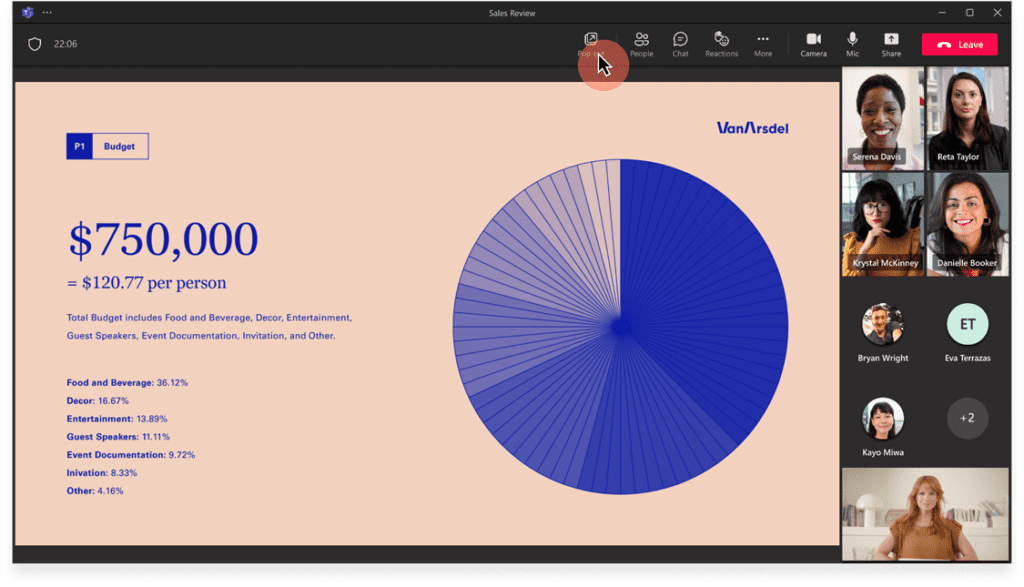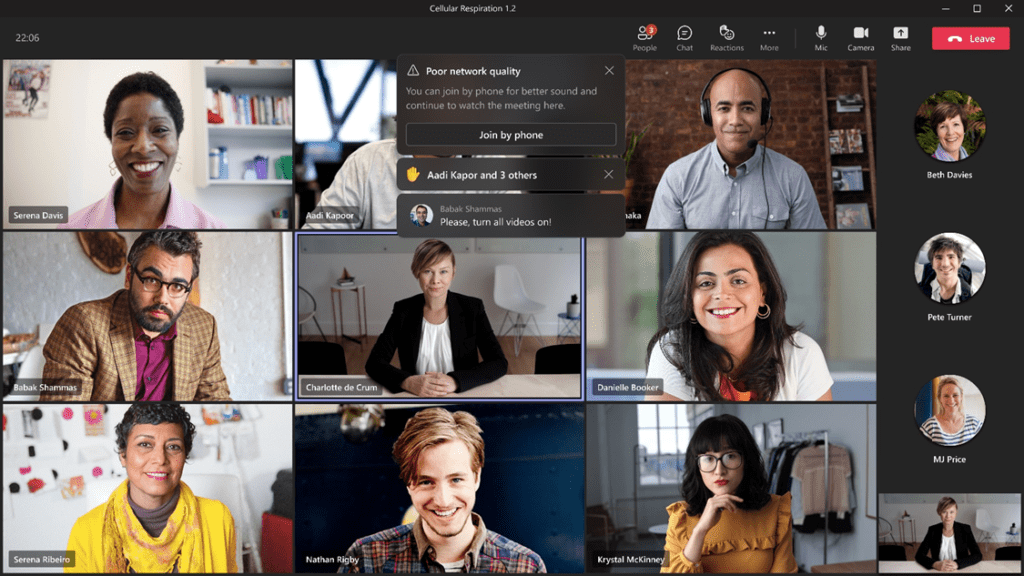Microsoft Teams Meetings Now Let Users Pop Out Shared Content

Microsoft Teams has released some new features for public preview users. The software giant has announced that the Teams desktop app now lets meeting participants pop out shared content into a separate window.
According to Microsoft, the ability to pop out shared meeting content (such as PowerPoint Live, Whiteboard, and screen sharing) should be a welcome addition for people who use a multi-monitor setup. These windows can be resized and repositioned as needed.
However, the new pop out experience in Microsoft Teams is supported on modern Windows and macOS devices with specific hardware capabilities. The company plans to bring this feature to more devices in the future. “Majority of modern devices with medium and high-end hardware will support popping out content into a shared window while in meetings,” the company explained.

How to pop out shared content in Microsoft Teams meetings
To try out this feature, users will need to join a meeting from the Microsoft Teams desktop apps (Windows or macOS) as a presenter or an attendee. After the presenter shares the content, click the Pop out button available on the meeting toolbar.
Users can click the “X” button in the upper right to pop in the shared content window. Alternatively, it is also possible to click the Dismiss button that appears after the content sharing is ended by the presenter.
Usability Improvements to In-Meeting Notifications
The Microsoft Teams desktop app has also rolled out usability improvements for in-meeting notifications. As shown in the screenshot below, the notifications now feature a consistent design and appear at the top center of the meeting stage.

Microsoft notes that this change applies to several in-meeting notifications such as Raised hands, recording & transcription started, and the end of meeting notifications. The improved in-meeting notifications should help users understand important information and reduce unnecessary distractions.
Currently, these new capabilities are available in Teams in public preview, and this update is expected to be generally available in September. In case you missed it, the Microsoft Teams app for macOS is also getting support for Apple Silicon Macs.



